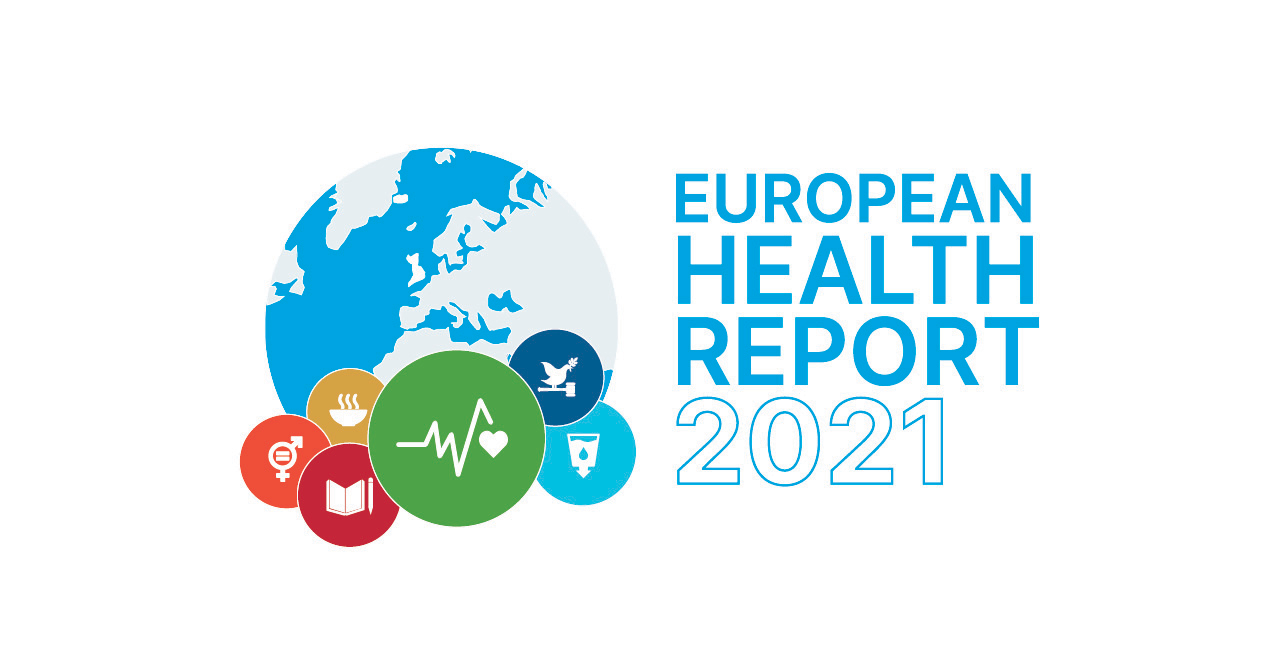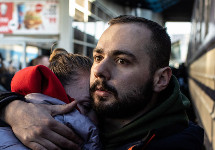Statement – 36 million people across the European Region may have developed long COVID over the first 3 years of … – World Health Organization (WHO)
The European Health Report 2021 »

Regional Committee for Europe »
Good morning.
This summer will be the first in more than 3 years that many of us will enjoy without the looming threat of COVID-19.
Whilst it may not be a global public health emergency, COVID-19 has not gone away.
Close to 1000 new COVID-19 deaths continue to occur across the Region every week, and this is an underestimate due to a drop in countries regularly reporting COVID-19 deaths to WHO.
And it continues to disproportionately affect the weakest and the most vulnerable.
COVID-19 exploited an epidemic of diseases, including cancers, cardiovascular disease, diabetes, and chronic lung illnesses, which account for 75% of mortality in our region today. Those with such underlying conditions were, and still are, far more vulnerable to severe forms of COVID-19.
Yet simple solutions can help reduce the burden of these so-called noncommunicable diseases, and fight the next pandemic when it arrives. Those of us with the means and opportunity can, for example, undertake 25 minutes of moderate exercise a day, quit smoking, moderate alcohol consumption and limit salt intake.
Long COVID remains a complex condition we still know very little about.
According to estimates from our collaborating centre, the Institute for Health Metrics and Evaluation at the University of Washington in Seattle, nearly 36 million people across the WHO European Region may have experienced long COVID in the first 3 years of the pandemic.
That’s approximately 1 in 30 Europeans over the past 3 years.
That’s 1 in 30 who may still be finding it hard to return to normal life.
1 in 30 who could be suffering in silence, left behind as others move on from COVID-19.
We are listening to the calls from long COVID patients and support groups, and raising awareness of their plight, but clearly much more needs to be done to understand it.
Long COVID remains a glaring blind spot in our knowledge, that urgently needs to be filled.
Unless we develop comprehensive diagnostics and treatment for long COVID, we will never truly recover from the pandemic. We are encouraging more research to be undertaken and urging those eligible for COVID-19 vaccination to be vaccinated. This under-recognized condition should be taken seriously, across the health and social sectors, and we should ensure ample care is available for patients.
Ultimately, the best way to avoid long COVID is to avoid COVID-19 in the first place.
The priority must be to vaccinate vulnerable populations, the elderly, people with underlying medical conditions, and the immunocompromised.
We should ensure at least 70% vaccine coverage for these groups, including both primary and additional booster doses.
A few words about the unusually warm summer we are experiencing.
A new report from the European Union and the World Meteorological Organization recently warned that Europe has been warming twice as fast as the global average since the 1980s, and extreme heat in the summer months is becoming the norm, not the exception.
Last year in our region, extreme heat claimed 20 000 lives between June and August.
Earlier this month, Kazakhstan saw deadly wildfires claim the lives of at least 15 people, 14 of whom were firefighters.
At the same time, other parts of our region saw flash flooding and landslides, which also claimed lives.
So, look out for each other during the summer months by checking in on your elderly relatives and neighbours, limiting outdoor activity when it’s very warm, staying hydrated, keeping your homes cool, and allowing yourself time to rest.
Alongside an increased recent risk of extreme heat, I would also like to draw your attention to a recent resurgence of mpox infections, first in the United States and then in the UK, Spain, Belgium and the Netherlands.
The European Region recorded 22 new mpox cases during the month of May.
While this might seem low, it tells us the virus continues to circulate in the European Region, particularly affecting men who have sex with men, and we could see a resurgence. For those of you who know you are at higher risk, there are things you can do.
Get vaccinated against mpox if vaccines are available and you are eligible.
Limit contact with others if you have symptoms, and avoid close physical contact, including sexual contact, with someone who has mpox.
At WHO we continue urging countries to reach everyone at risk, to eliminate discrimination and mpox from the community.
I welcome the UK’s recent decision to continue its vaccination programme and urge other countries to continue to reduce barriers to testing, vaccination and care for persons belonging to groups at continued risk.
In summary, all 3 of these health emergencies: COVID-19, mpox and extreme heat, call for a change in our collective approaches, in our allocation of resources and also in our individual behaviours.
Thank you.
Media Contacts
Bhanu Bhatnagar
Press & Media Relations Officer
WHO Regional Office for Europe
WHO/Europe Press Office
Sarah Tyler
Robert Cole
WHO Regional Office for Europe








